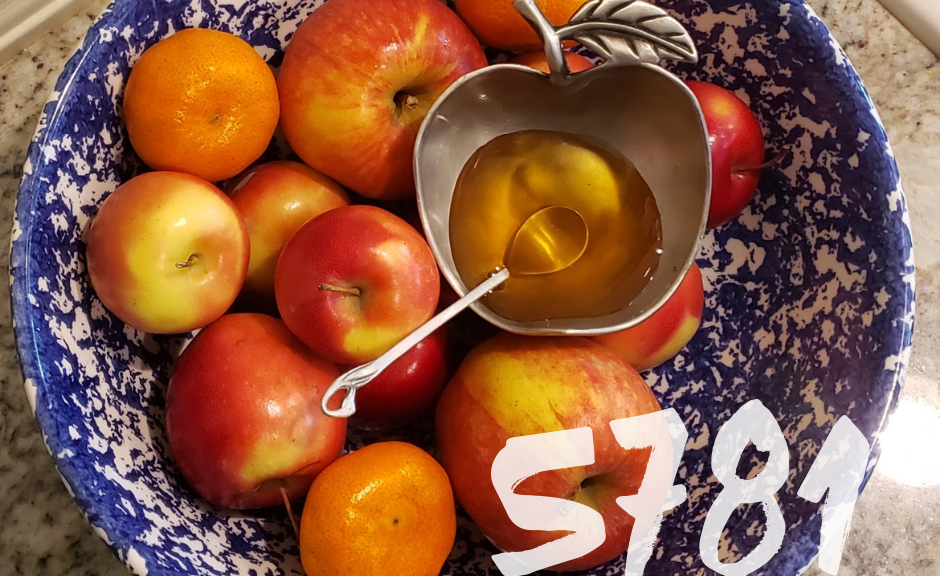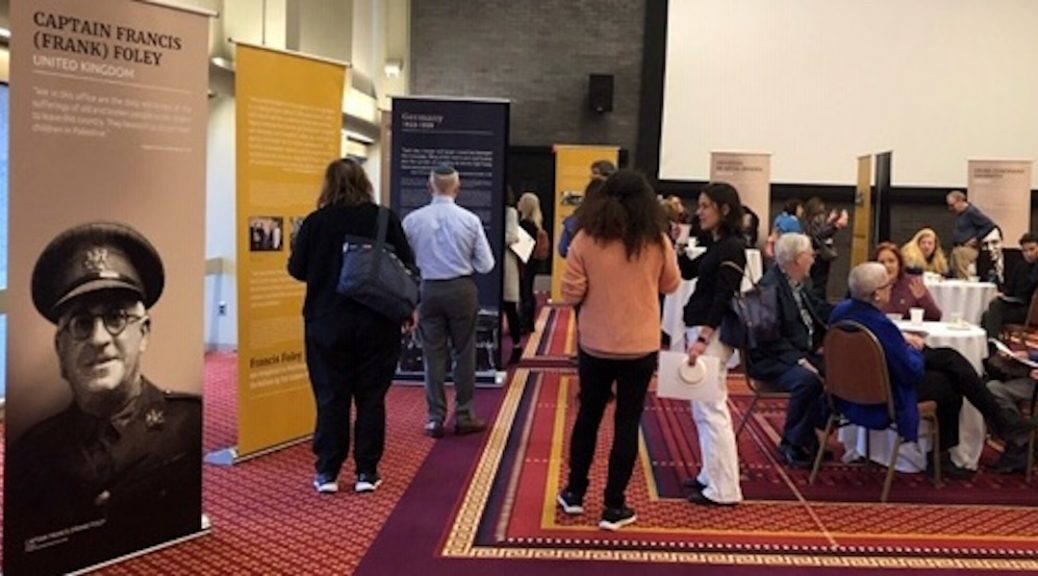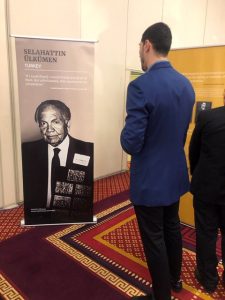Dear Students and Friends of the Elie Wiesel Center at Boston University:
As we enter the Jewish New Year and the season of High Holidays known as yamim nora’im, or Days of Awe, we celebrate the renewal of creation. We proclaim divine kingship by listening to the call of the shofar, and we prepare to give account on the Day of Atonement. The German Jewish philosopher Hermann Cohen (1842-1918) emphasized that Jewish ritual centered on the purity of the soul, which he took as a task we must take upon ourselves every day. The creator renews our soul every morning, but we must purify it ourselves as we stand before the Eternal Judge on the Day of Atonement and every day of our lives. Our tradition requires confession of sins before we can be forgiven. Our ritual prayers state this confession in the first person plural. Why? Because all sins, even those between us and our Creator, affect those around us. No human being is an island. Hence, we are told, God cannot forgive us unless we first ask forgiveness of those we have failed.
This year, we must ask the forgiveness of our Black and brown sisters and brothers whose rights to equality and justice we have ignored too long. We must ask their forgiveness especially now when we find that African Americans, Hispanics, and other minorities are particularly hard hit by a pandemic that our nation failed to address as quickly and as forcefully as the obligation of pikuah nefesh would have required. We must ask forgiveness of all of our fellow creatures whom we failed to protect when we ignored, year after year, the signs of climate change and global warming. Our planet, the habitable world that came into being in the beginning when God spoke it into existence, feels the force of human hubris that some say was instilled in us by the very words of Sefer Bereshit: “Be fruitful and multiply and fill the earth, lord it over the fish in the sea, the birds of the air, and all of the living things crawling the earth!” What does it mean that God created us in his image and his likeness? According to the great medieval Andalusian philosopher Moses Maimonides (1138–1204), better known as the Rambam, we are alike God only in regard to our share in reason. As Baruch Spinoza (1632–1677) wrote in his posthumous Ethics, acting with reason is the condition of human happiness.
Spinoza also makes it clear that it is reason that teaches us to prefer long-term advantages over short-term satisfactions. We all know what needs to happen and what we need to do, in order for this globe to remain habitable, but we blind ourselves to the consequences science tells us are inevitable if we don’t act now. We have to change our habits. We need to stop ignoring science and act with reason, even if it means that we have to make do with less now so that those who come after us will have something.
Hermann Cohen believed there was a deep agreement between progressive social and legal reform and the Jewish idea of the messianic age, that progressive politics, the promotion of well-being for all, was not just a rational human obligation but an ideal guarded by Jewish religious life. As we prepare for the High Holidays, let us remember that tikkun olam, the repair of a broken world, while it may be too much for any one individual to accomplish, remains our collective obligation.
May the New Year be blessed and sweet for all of us.
Michael Zank, PhD
Professor of Religion, Jewish, and Medieval Studies
Director, EWCJS
2020-21 Honorary Starr Fellow, CJS, Harvard University




![PHOTO-2020-02-10-18-36-03[2]](/ewcjs/files/2020/02/PHOTO-2020-02-10-18-36-032-225x300.jpg) International Holocaust Remembrance Day, which occurs tomorrow, January 27, marks the 75th anniversary of the liberation of Auschwitz, the largest Nazi death camp during World War II. Close to one million Jews were murdered there. Indeed it was the State of Israel in 2005 that took the initiative at the United Nations to establish this day of global remembrance in order to ensure that the nations of the world will honor the memory of Holocaust victims while rejecting Holocaust denial and commit to preventing future genocides. Indeed, It is a tribute to the tenacity of Israeli diplomats led by Roni Adam that the UN finally gave its approval to International Holocaust Remembrance Day, which was initially met with resistance in the General Assembly.
International Holocaust Remembrance Day, which occurs tomorrow, January 27, marks the 75th anniversary of the liberation of Auschwitz, the largest Nazi death camp during World War II. Close to one million Jews were murdered there. Indeed it was the State of Israel in 2005 that took the initiative at the United Nations to establish this day of global remembrance in order to ensure that the nations of the world will honor the memory of Holocaust victims while rejecting Holocaust denial and commit to preventing future genocides. Indeed, It is a tribute to the tenacity of Israeli diplomats led by Roni Adam that the UN finally gave its approval to International Holocaust Remembrance Day, which was initially met with resistance in the General Assembly. 